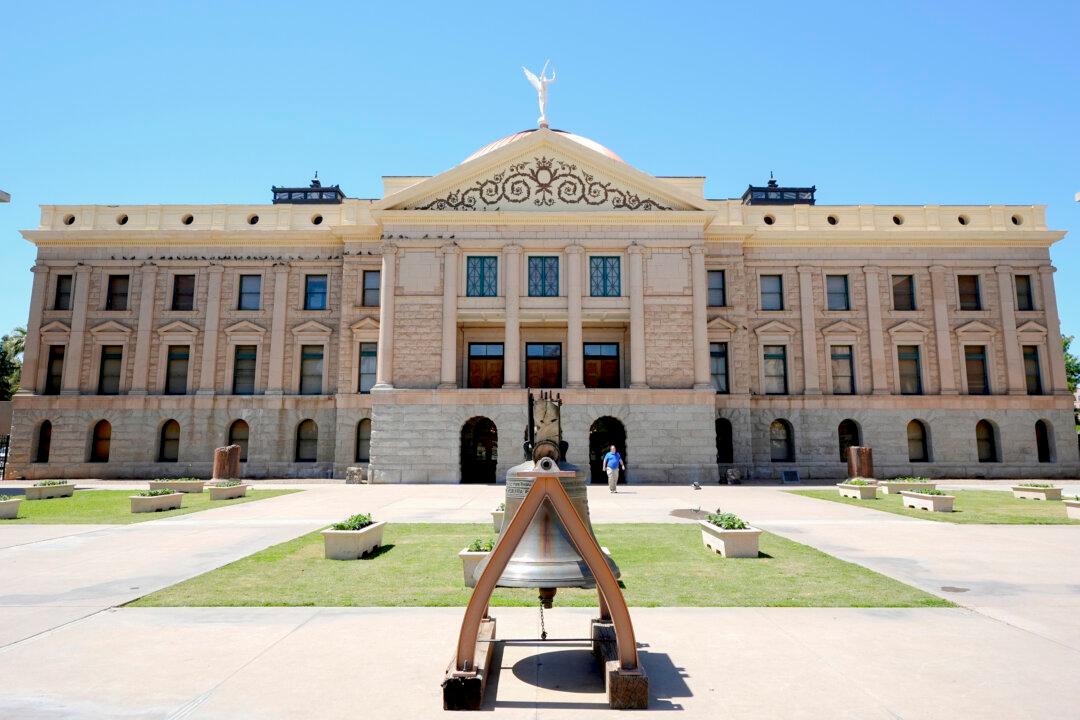The near-total abortion ban in Arizona has ended as Gov. Katie Hobbs’s recently signed law took effect on Sept. 14.
On May 2, the governor signed H.B. 2677 into law, officially repealing the state’s 1864 near-total abortion ban that was triggered to come into effect upon the Supreme Court’s decision to overturn Roe v. Wade.





